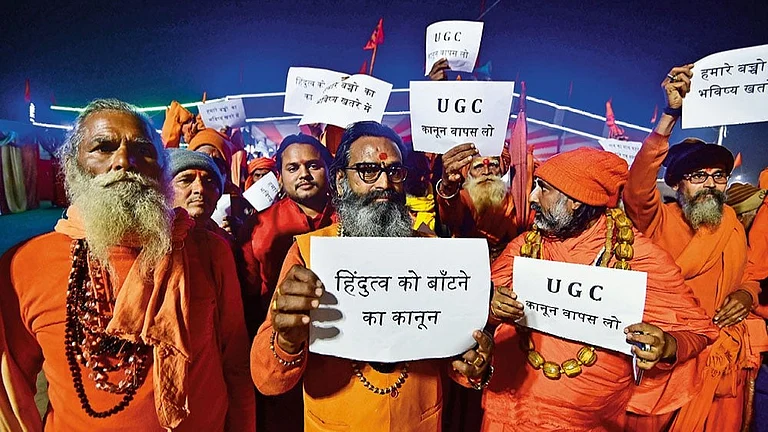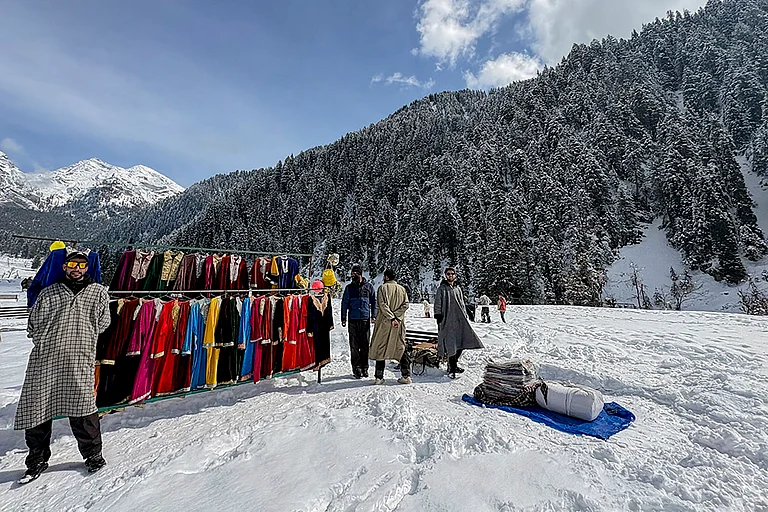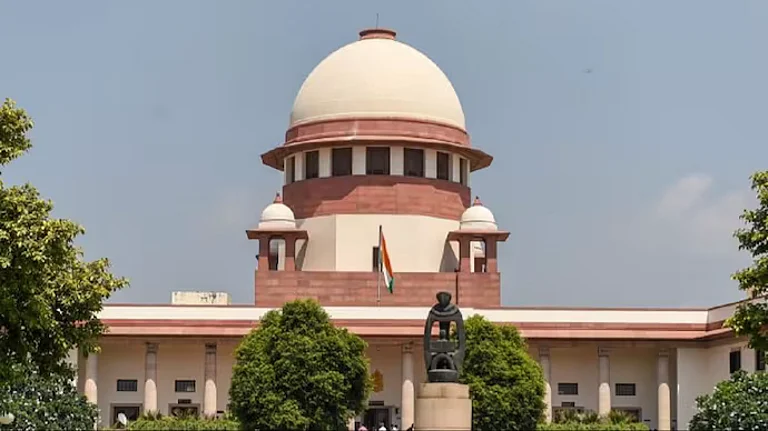Russia has won its first decisive goal in the war with Ukraine this week when it got full control of the port city of Mariupol after the remaining soldiers holed up at the Azovstal steel plant surrendered. The Russian army was already in possession of the entire city but for the steel factory where Ukrainian soldiers were trapped. They had initially refused to surrender but at the end, coaxed by everyone including an appeal from President Zelensky, they finally surrendered on Tuesday.
Ukraine is hoping that 1,700 Ukrainian soldiers who surrendered in Azovstal will eventually be exchanged with Russian prisoners of war. However, nothing can be taken for granted, as the speaker of the Russian Duma has said he would be against any move to prisoner swap with the Azov regiment of the Ukrainian army. He compared soldiers of the Azov regiment were like ``Nazi criminals.’’ Whether the speaker was expressing his own sentiments or was reflecting that of the Putin administration is not known. But the President Putin himself had spoken of Nazi elements within Ukraine in a rambling speech ahead of launching ``special military operations’’ against Ukraine.
Mariupol is not the only Ukrainian city to be taken by Russia during the war. Southern cities of Kherson, Melitopol, Berdyansk, and Enerhodar are also firmly with Russia. But control of the industrial port city of Mariupol is of tactical and strategic significance for Russia as it cuts off Ukraine from the sea of Azov. Much of Ukraine’s exports before the war were shipped out from Mariupol, which is an industrial and manufacturing hub.
Control of the port city allows Russia to dominate over huge tracts of land that connect to Crimea, which Moscow annexed in 2014. The annexation of Crimea by Russia had sent shockwaves through Europe but not much could be done to stop it. But it started the downslide in ties between US and its NATO allies and the Russian Federation. Crimea was ceded to Ukraine( then a part of the Soviet Union) by former President Nikita Khrushchev in February 1954 possibly for administrative reasons.
But the military action is unlikely to slow down following the capture of Mariupol, as the Russians would want to ensure that the most of the rest of the huge geographical area known as Donbas, which has a large Russian speaking population, should be under Russian control before any serious peace move is considered. As of now, Ukraine controls around two-thirds of Donbas territory while Russia controls roughly one-third. The Luhansk and Donetsk republics are both located here. In both these breakaway republics once a part of Ukraine also is Russian speaking and is ethnically Russian. But unlike in Crimea, they do not make up the majority of the population. However, controlling the entire Donbas region may not be a cakewalk for Russia considering that NATO and nearly all of Europe is backing Ukraine.
Russia is well aware that whether it agrees or not, NATO weapons will be placed all along the Russia-Ukraine border after the war. So, control of Donbas is very important. With that in mind, no one in Russia is expecting a quick end to the war. Russia is prepared for a long haul, and most Russians are rallying around the flag and believe the war has to be fought in the interests of the nation’s security. President Putin is facing no major domestic resistance for launching his offensive against Ukraine. With Sweden and Finland also putting in their application to join the trans- Atlantic military alliance (NATO) the war in Ukraine has further jeopardized Russian security.



























